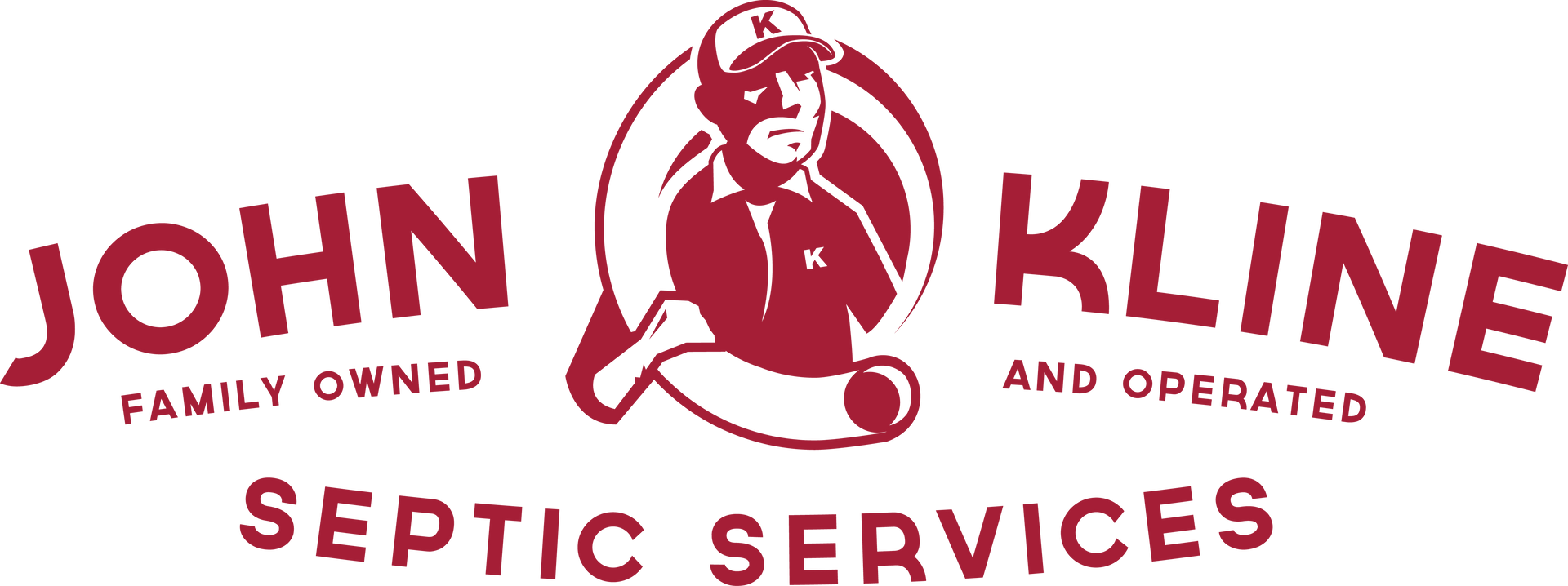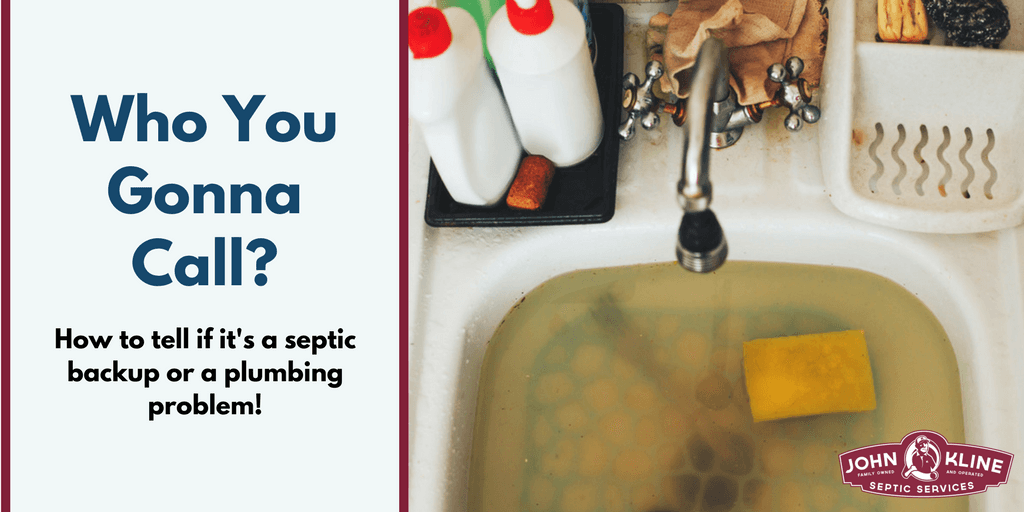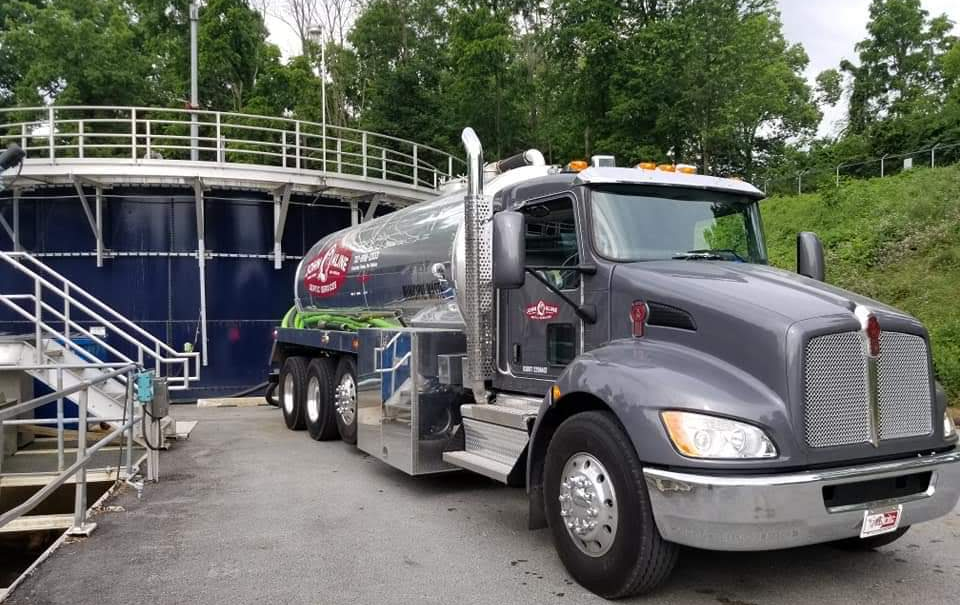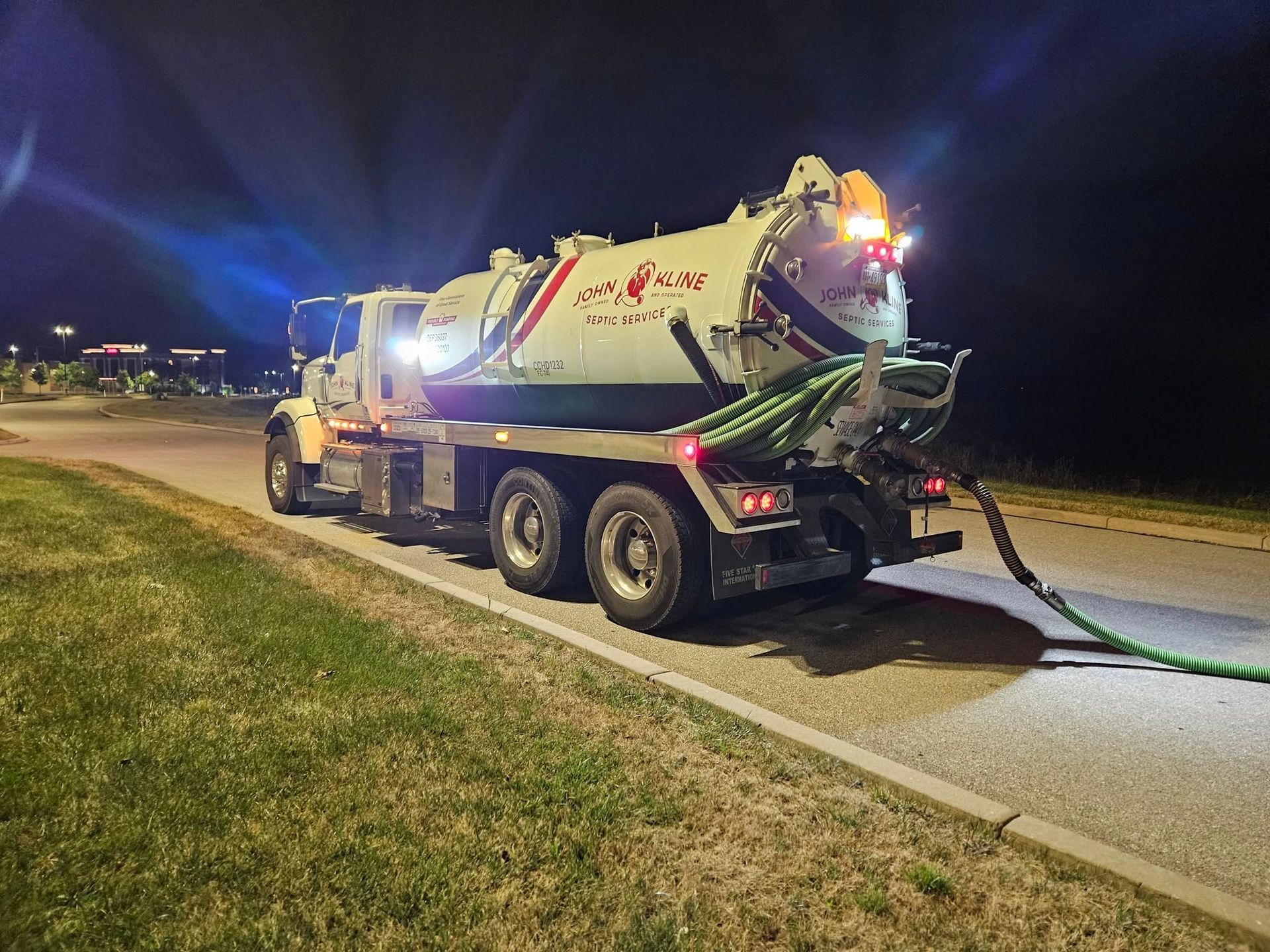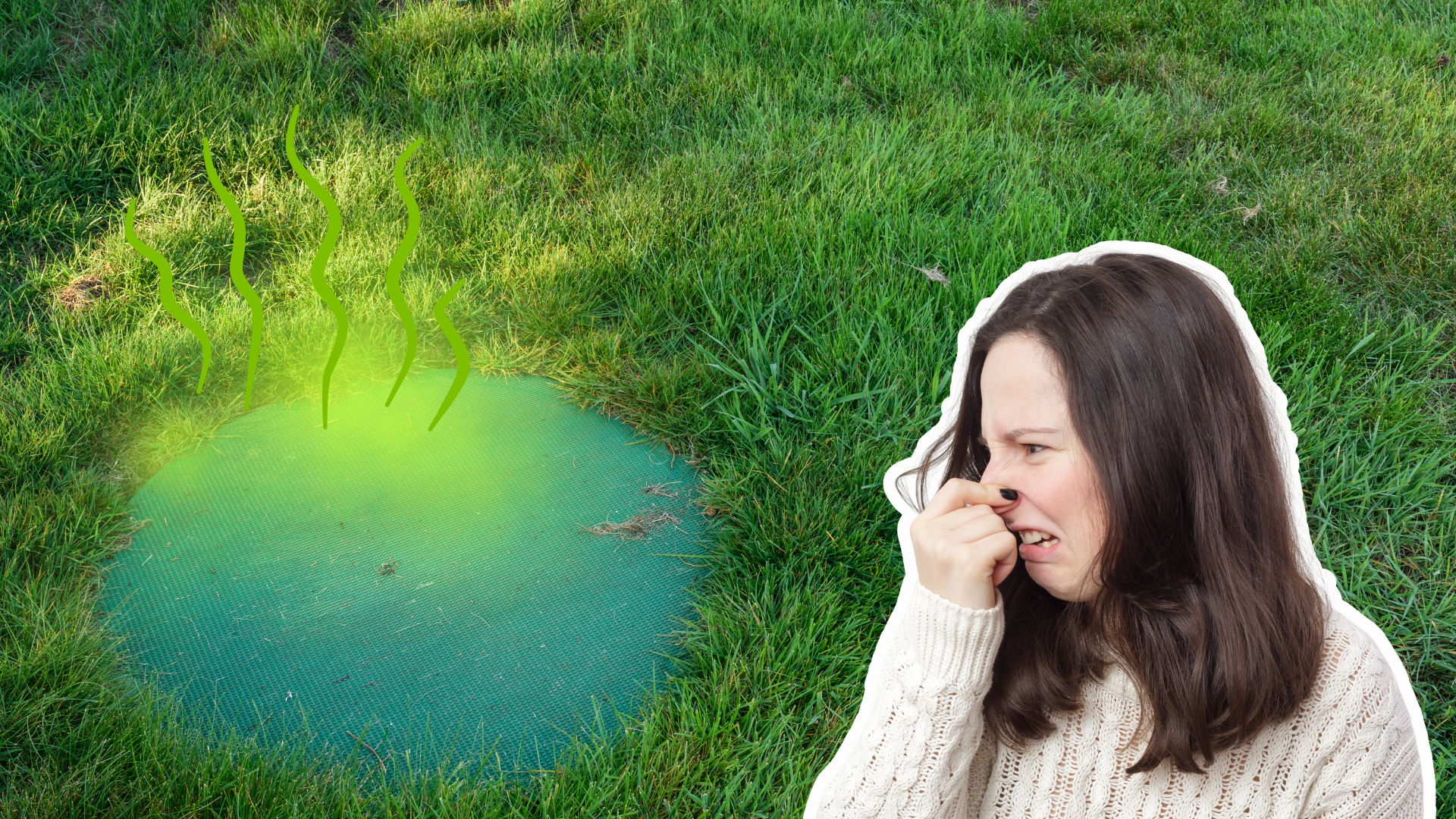Who to Call: Septic Service or Plumber?
Diagnosing common problems
A backed up toilet, sink or shower can be a real pain. But
determining who to call can be an even bigger headache. Don't wait until you
have an emergency to learn the basics of septic system maintenance! Get the
facts.The easiest way to know if your problem is septic or
plumbing related is to count the number of fixtures backing up. If your
kitchen sink is the only fixture clogged, you can call a plumber to snake the
drain or get to the root of the problem. If you notice that all of your sinks
are draining slowly, however, you most likely have a septic backup. Additionally,
you can determine it’s most likely a septic system issue if the fixtures
backing up are the ones closest to the septic system, such as those on the
ground level or in the basement.Here are more clues your problem is septic related:
- Do a quick survey of your yard. If you notice a sewage odor or the area above your septic tank feels soggy, you’ve probably got a septic backup.
- Check your calendar. If it’s been more than 2-3 years since you had your septic tank pumped and your fixtures are draining slowly, you most likely have a problem for a septic pumper – not a plumber.
- Take a listen to your pipes. If you hear a gurgling sound or notice a sewage odor, it’s most likely a septic problem.
- Think about your water usage. If you’ve been flushing paper
towels or wipes you may have created a clog. To find the location of the clog,
locate your septic cleanout pipe (a short PVC pipe located between the house
and the septic tank that sticks out of the ground or is flush with it, and has
a threaded, removable cap). If there is no standing water in the bottom, then
the problem is a clog between the house and the cleanout, so you should call a
plumber. But standing water in the main drain pipe at the bottom of the
cleanout riser indicates that you have either an overflowing septic tank or a
clog between the cleanout and the tank, so call a septic pumper!
